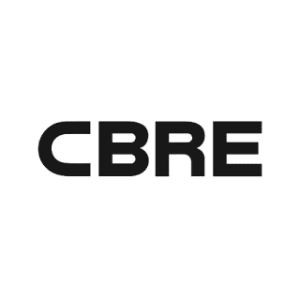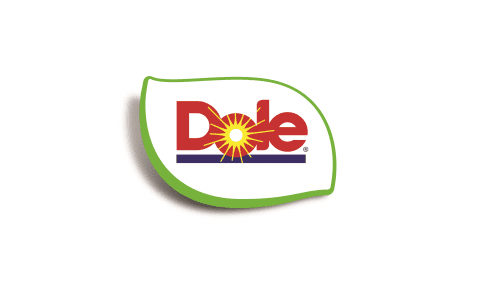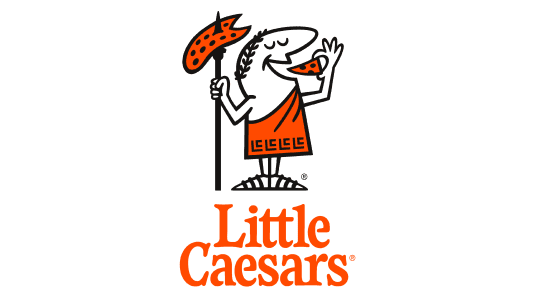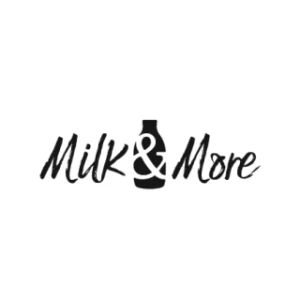Ecommerce SEO agency
Experts in Ecommerce SEO
Driving sales through organic search is at the heart of Ecommerce growth – and it’s what we specialise in. Our SEO team has helped online retailers across a wide range of industries increase visibility, capture more market share, and convert high-intent search traffic into measurable revenue.
As an experienced Ecommerce SEO agency, we understand the unique challenges of online retail – from optimising product catalogues and category pages to resolving technical barriers like duplicate content, site speed, and crawlability. Our strategies are built to scale, whether your store has 50 products or 50,000.
The result is more visibility, more qualified visitors, and more sales.
An Ecommerce SEO agency trusted by 400+ world-class brands and organisations globally
Our ecommerce SEO services
Growing organic sales isn’t about ticking boxes – it’s about building a strategy that connects your products with the customers who are actively searching for them. Our Ecommerce SEO services are designed to increase visibility in competitive markets, capture high-intent traffic, and turn that traffic into measurable revenue.
With over a decade of experience helping online retailers grow through organic search, we combine technical expertise with content strategy and digital PR to deliver results that scale.
Our Ecommerce SEO services include:
- Keyword intelligence & analysis – uncovering the commercial search terms that drive qualified buyers.
- Technical optimisation – metadata, site speed, internal linking, and schema markup to ensure visibility and crawlability at scale.
- Product & category optimisation – rich, unique content that boosts rankings and improves conversion rates.
- Content strategy – blog articles, guides, and resources that capture search demand and build topical authority.
- Authority building – outreach, digital PR, influencer partnerships, and backlink acquisition to strengthen domain authority.
- Conversion rate optimisation (CRO) – testing and refining pages to turn more visitors into paying customers.
- Reputation signals – optimising customer reviews and ratings to enhance trust and visibility.
- Local & omnichannel SEO – Google Business Profile optimisation and local citations for retailers with physical locations.
- Data & performance analysis – in-depth reporting and analytics to track growth and ROI.
The result: Ecommerce SEO services that go beyond rankings to deliver long-term, scalable growth for your online store.
Product & category optimiSation
Rich, unique content and keyword optimisation for product and category pages ensures visibility where it matters most. For Ecommerce brands, these are high-intent entry points – optimising them not only increases rankings but also drives conversions.
Site architecture & TECHNICAL SEO
A scalable, well-structured site is the foundation of Ecommerce SEO. We create architectures that allow search engines to crawl thousands of SKUs efficiently while ensuring users enjoy seamless navigation. From faceted navigation to canonicalisation, our technical expertise keeps large sites indexable, fast, and conversion-friendly.
AUTHORITY & Ecommerce backlinks
Authority is critical in competitive Ecommerce markets. By earning high-quality backlinks and leveraging digital PR strategies, we build your domain’s credibility. Combined with reviews, user-generated content, and brand mentions, these signals help your site rise above competitors and dominate search results.
Ecommerce SEO packages
Every Ecommerce business has different challenges – from managing a handful of high-margin categories to optimising catalogues with thousands of SKUs. That’s why our Ecommerce SEO tiers are delivered as ongoing monthly programmes, tailored to your store’s scale, competition, and growth objectives. Your dedicated account manager in London ensures activity adapts month by month to meet evolving priorities.
Typical promgramme tiers include:
- Ecommerce SEO: Focus
Designed for stores operating in specific niches with a tighter product range. This programme establishes strong foundations and builds momentum in targeted categories. - Ecommerce SEO: Growth
Built for larger stores with more complex product hierarchies and mid-level competition. This programme balances technical SEO, content optimisation, and authority-building to drive sustained visibility across multiple categories. - Ecommerce SEO: Scale
A bespoke solution for highly competitive markets or enterprise-level sites with extensive product catalogues. Every element – from site architecture to international SEO – is customised to meet your unique challenges and growth targets.

Keyword research and product optimization
As part of your ecommerce SEO Project, we will need to understand the following:
- Product and Category Keywords
Ensure that each of your products and categories are fully optimized, including titles, descriptions, images and alt text, metadata – making use of all the tricks of the trade to help you stand out. - Competitor review
We will review and understand what some of your closest local competitors are targeting. - Website content
We will create a plan for updating, or creating new website content for your website that specifically targets each group of product and category keywords. - Prioritization
Which of these keyword/product groups is going to have the biggest impact on your business. Search volume will play a part in this process, as will profit margins on particular product lines.
Content for ecommerce stores
Great content powers Ecommerce SEO. Beyond product and category optimisation, a wider content strategy helps capture long-tail search demand, build authority, and create trust with your audience.
Key content opportunities include:
- Blog content – Long-form guides, trend analysis, and how-to articles that target longer-tail keywords while positioning your store as an authority in its niche.
- Customer reviews – Ratings and feedback integrated into product pages to boost visibility in search results and provide social proof that drives conversions.
- Video content – Product demos, tutorials, and brand storytelling that enhance engagement, time on site, and user experience.
- FAQs – Answering common customer questions directly on-site, improving both SEO performance and user satisfaction.
- User-generated content (UGC) – Showcasing customer photos, stories, and social mentions to strengthen authenticity and build trust at scale.
A holistic content strategy combines these elements to ensure your Ecommerce store doesn’t just rank – it connects, converts, and grows.













